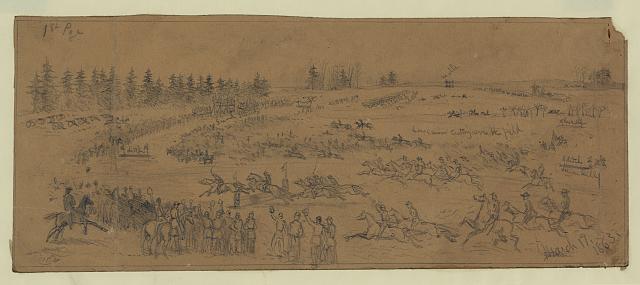
One of the most horrific moments during the Civil War occurred not on a battlefield, but in the streets of New York City. For three days in July of 1863, crowds of rioters, mostly working class white men, roamed the streets, looting, setting fires, attacking government buildings and eventually assaulting and killing almost any African-American they encountered. It was sparked by the start of a U. S. military draft. Wealthy men could buy their way out by paying a $300 fee, so the draft targeted primarily the working class. A number of these common laborers, often Irish immigrants, were already upset with federal authorities. The year’s earlier Emancipation Proclamation had changed the war into one to end slavery. They feared millions of freed slaves would eventually compete with them for working class jobs.
This fear and anger was not limited to New York City. In Syracuse, on March 17, 1863, several dozen young men and boys were encouraged, whether by design or from a warped sense of using their St. Patrick’s day revelry as an excuse, to assault several local African-Americans out on the street. They often used clubs and stones. One victim was the son of Rev. Jermain Loguen, a former slave who was a leader in the city’s Underground Railroad activity. Fortunately, no one was killed and several white Syracuse citizens stepped forward and used their homes to shelter those being attacked. This included the teenage Loguen boy, who was assaulted in Fayette Park.
This riot followed closely on the heels of local elections held a week earlier where Copperhead Democrats won most of the city’s positions in a show of anti-Republican, anti-Lincoln, anti-war and, most likely, a degree of anti-Emancipation sentiment. It was stated that false rumors had been circulated among the local salt workers, prior to voting, that freed slaves were going to be sent north to take their jobs as salt boilers.
– By Sarah Kozma, Onondaga Historical Association Research Assistant

